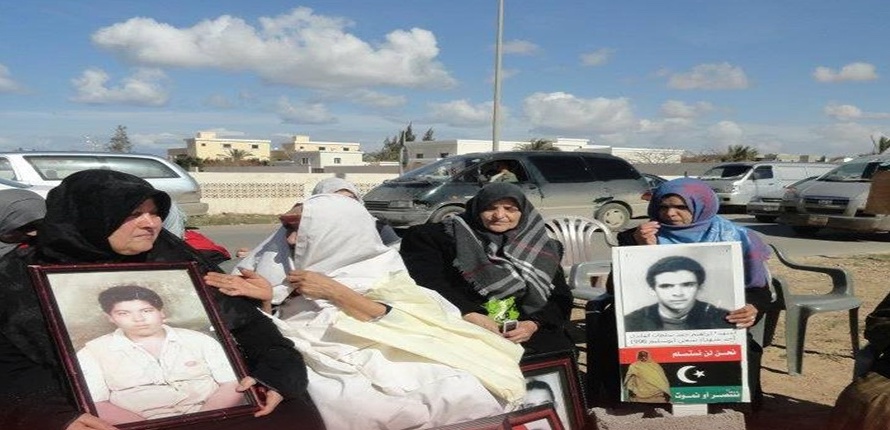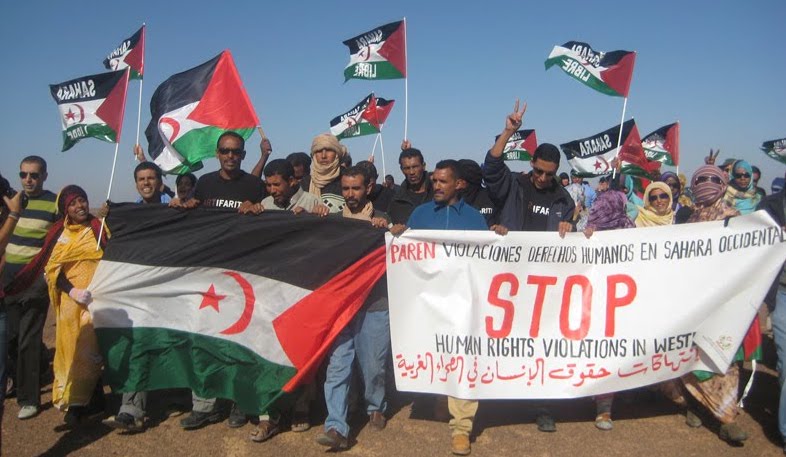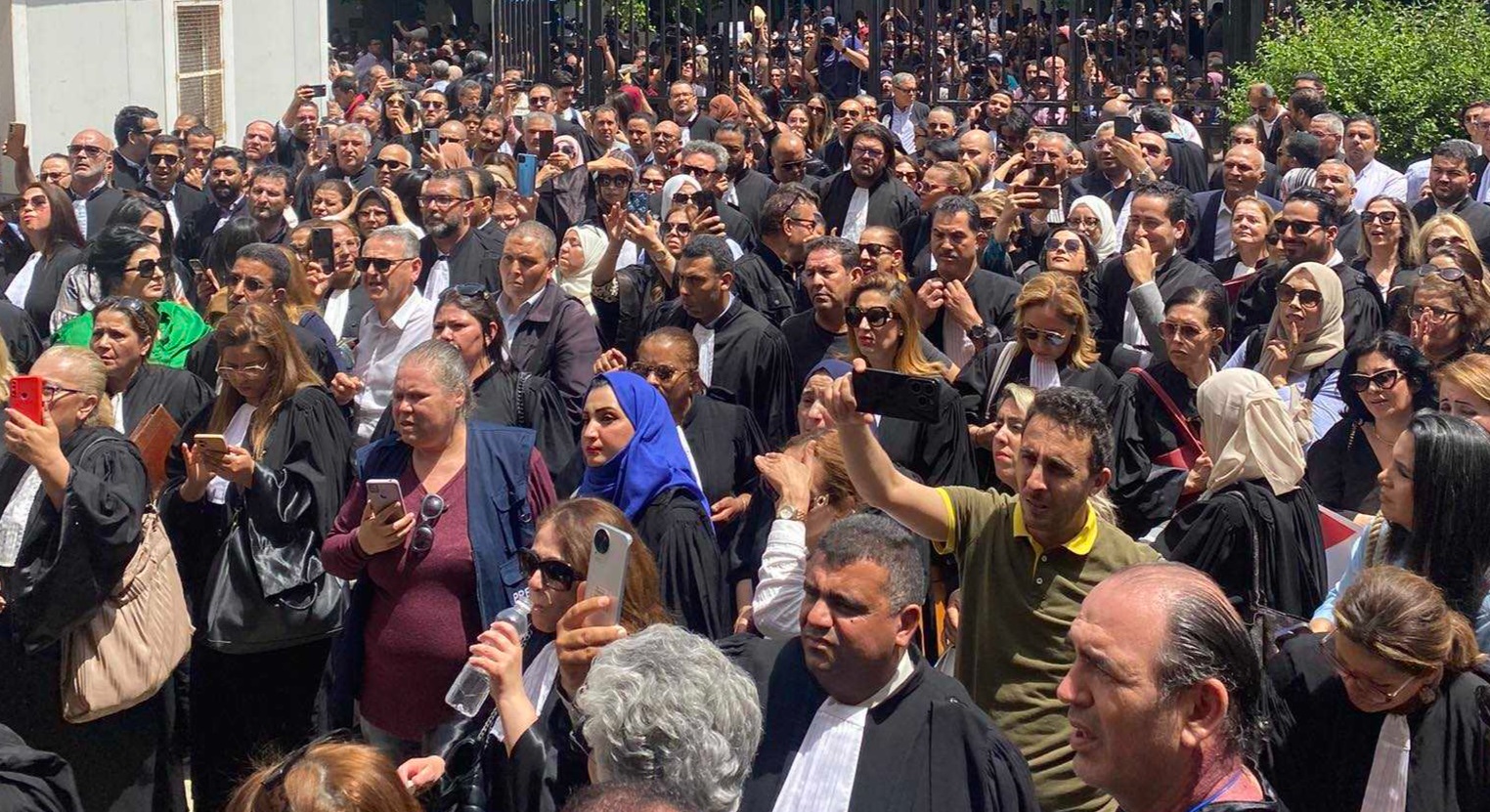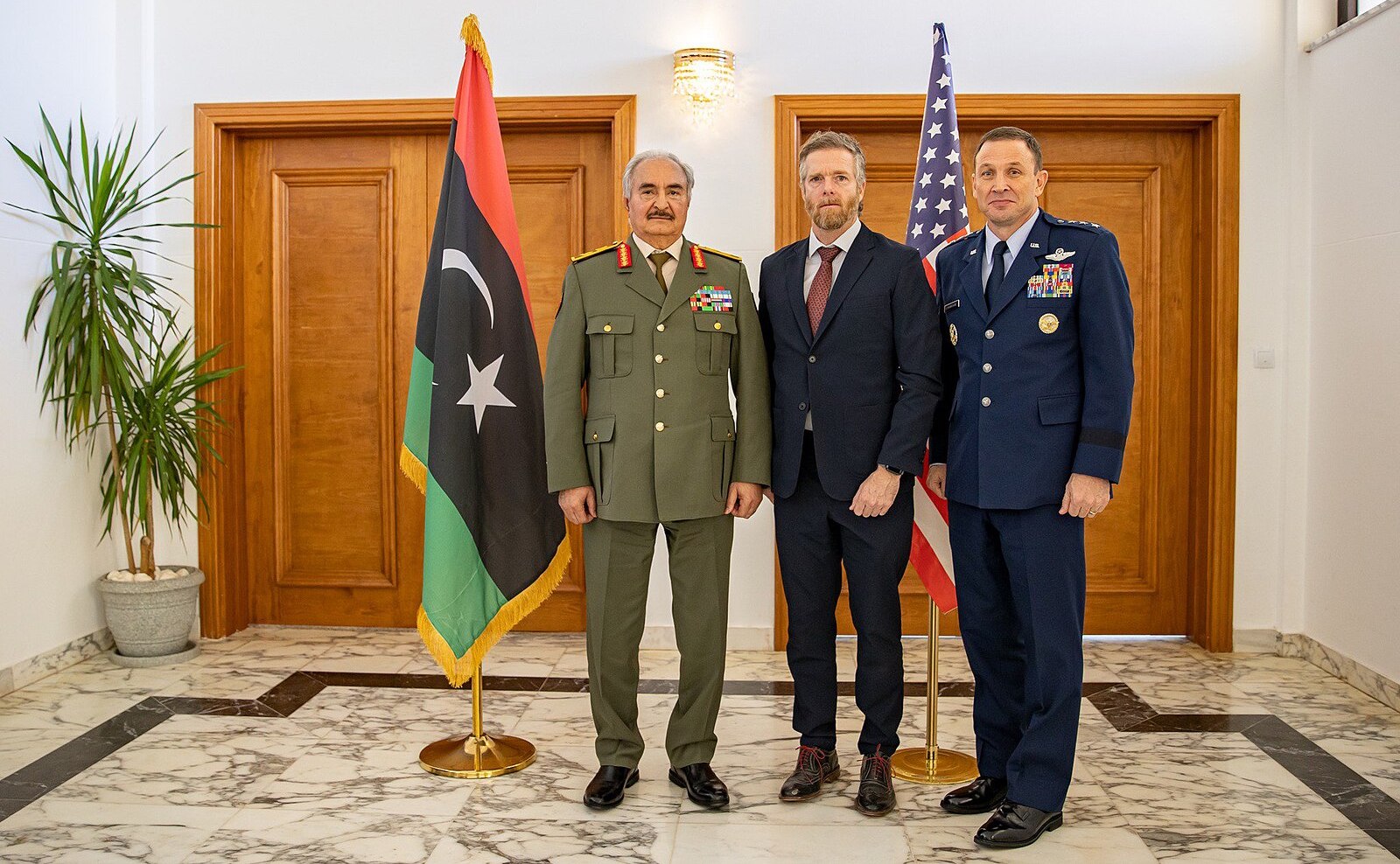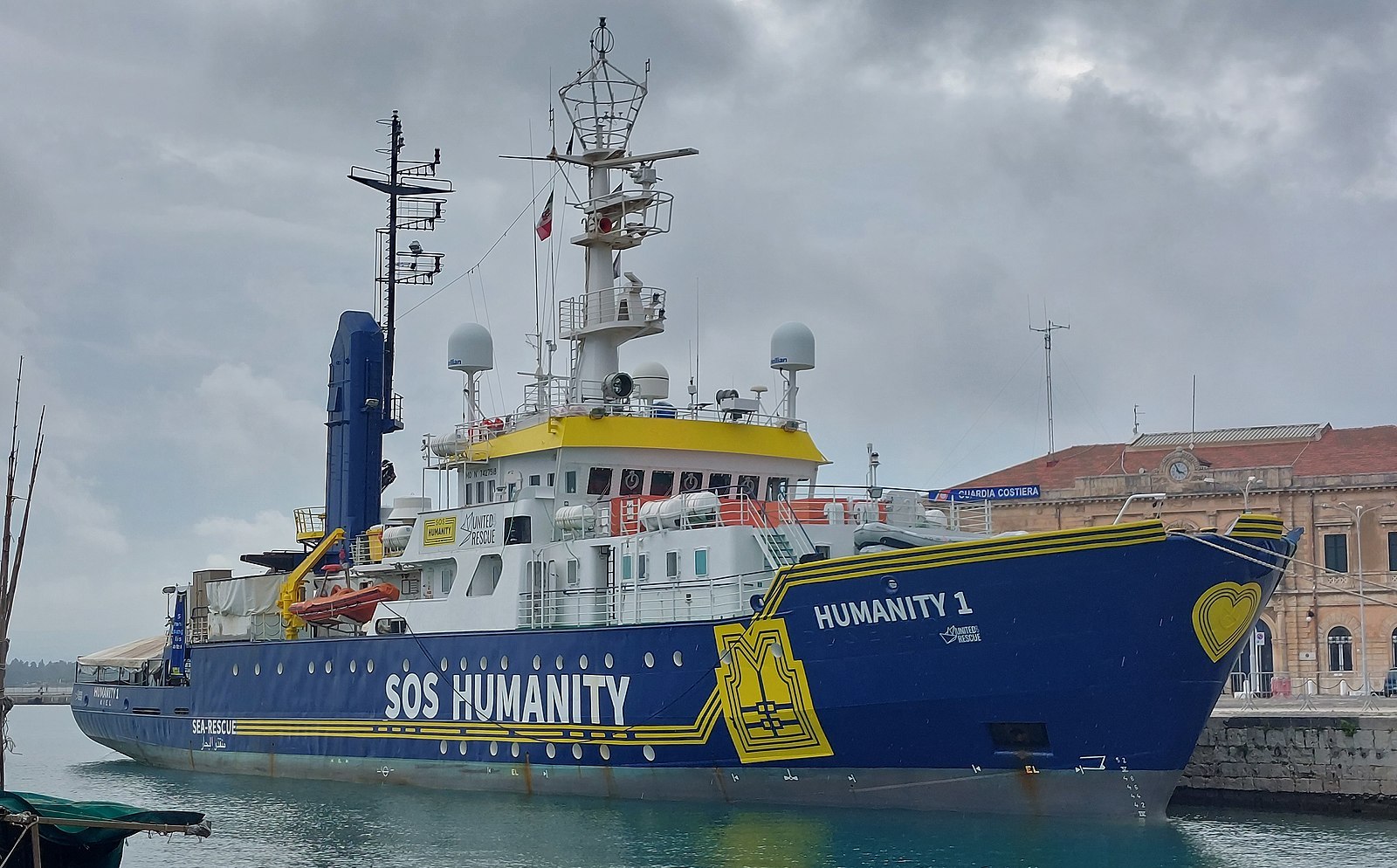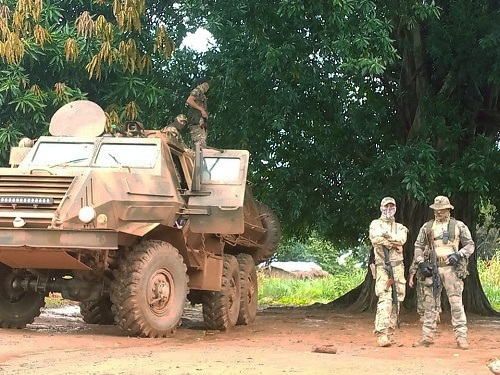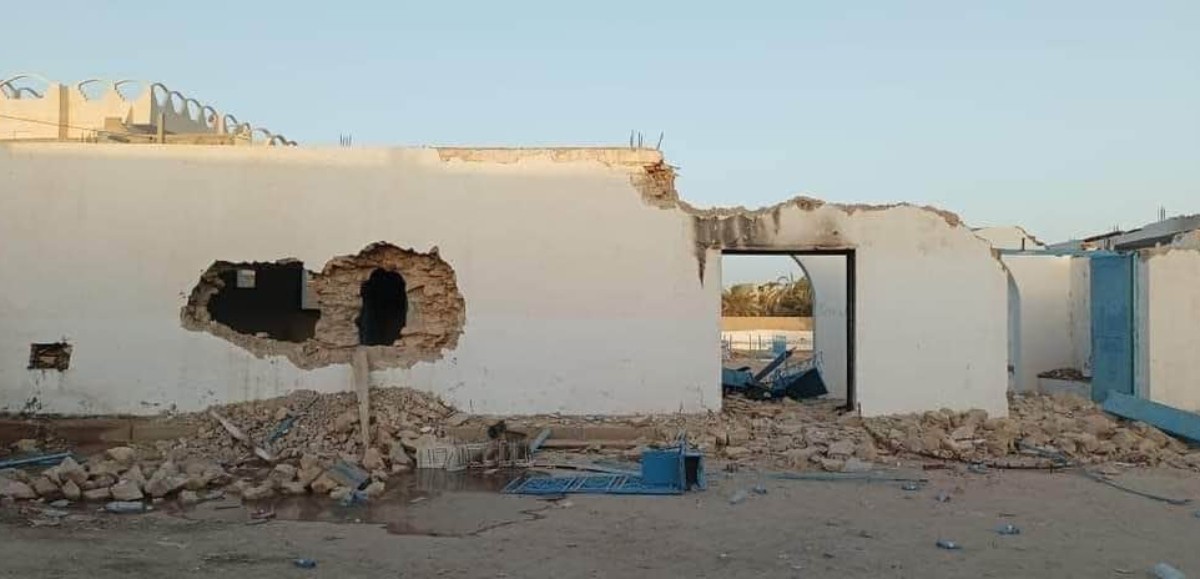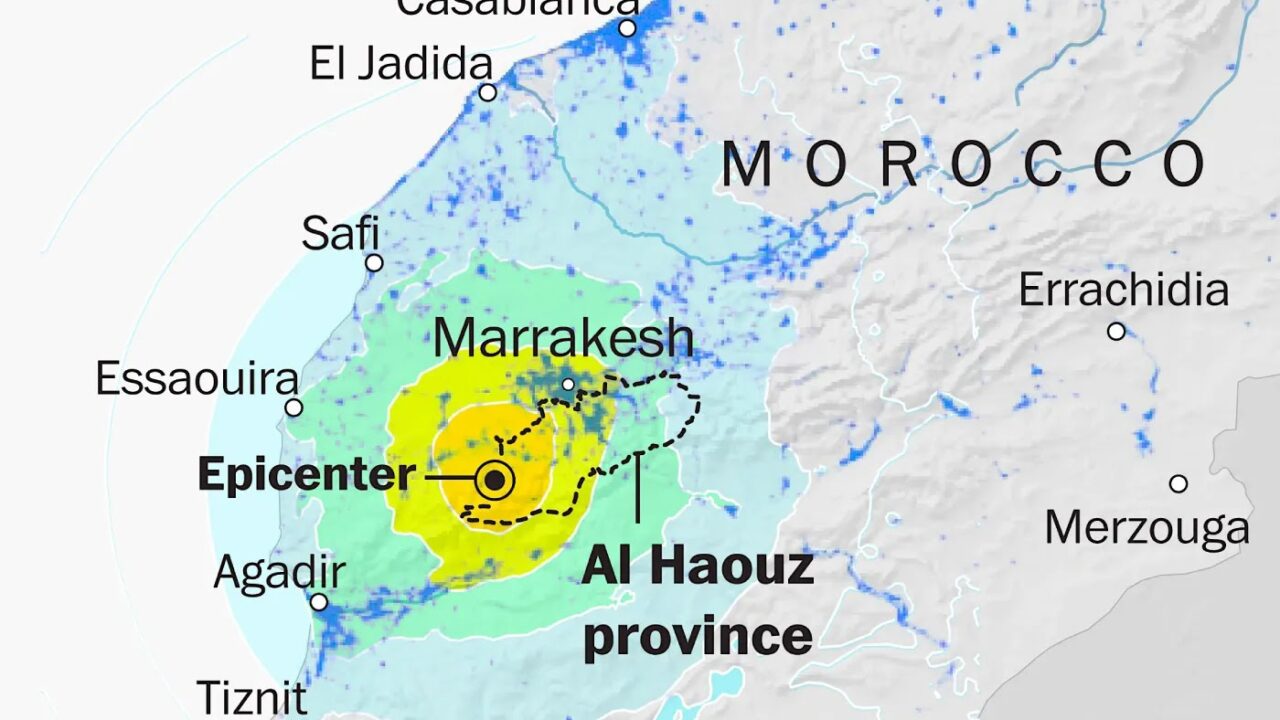
Libya: pressure on Haftar’s forces over ‘disappeared’
Amnesty International urged the self-proclaimed Libyan Arab Armed Forces (LAAF) to reveal the whereabouts of former defense minister al-Mahdi al-Barghathi and 18 of his relatives and supporters who were abducted in Benghazi, the principal LAAF stronghold, one year ago. Al-Barghathi, who served as minister of defense from 2016 to 2018, strongly condemned the LAAF offensive on Tripoli from April 2019 to October 2020. On Oct. 7, 2023, after his return to his hometown of Benghazi, he and 38 of his family and supporters were abducted by LAAF followers. Some of them have been released, and six are reported dead, including al-Barghathi’s son. But the fate of the other 19 remain unknown. There are suspicions that some of them may have been extrajudicially executed. Al-Barghathi himself has also been reported to be dead. However, his family has never received his body, and demands that the LAAF disclose the burial site and identify his remains through DNA testing. (Map: Perry-Castañeda Library)



